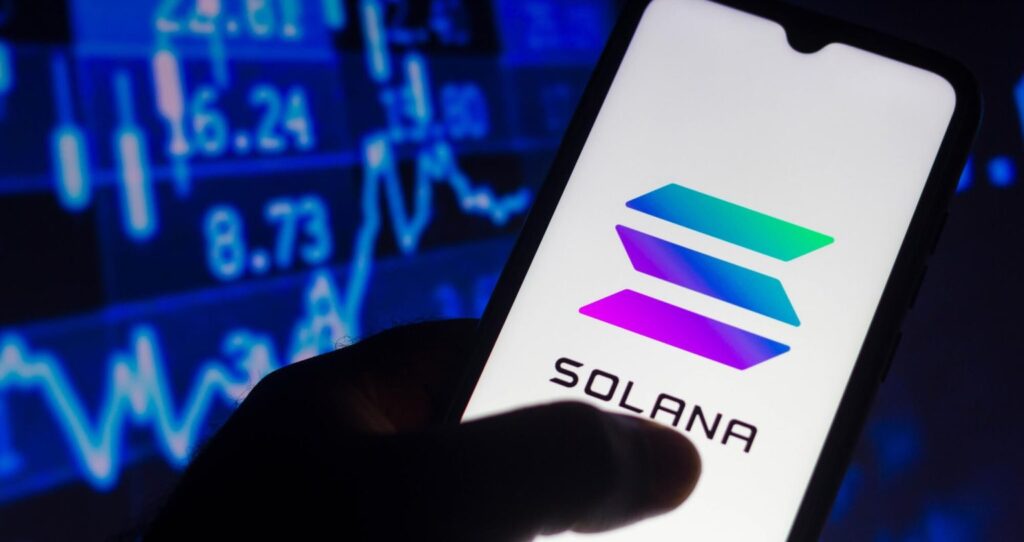- HKMA launches Digital Bond Grant Scheme (DBGS) to subsidize tokenized bonds.
- Full grants cover $321K; half grants cover $160K, based on issuance criteria.
- Scheme builds on Project Evergreen, following $100M tokenized green bond issuance.
Hong Kong’s central bank, the Hong Kong Monetary Authority (HKMA), has made its financial markets one notch more innovative with the implementation of the Digital Bond Grant Scheme (DBGS). As announced on November 28, this scheme, which targets subsidizing the issuance costs of tokenized bonds, will help strengthen the city’s leading position within the blockchain-driven finance field worldwide.
By removing some of the financial barriers, the DBGS is poised to accelerate the adoption of tokenization technology and build the digital securities market. Under the scheme, the HKMA will reimburse up to 50% of the eligible expenses for tokenized bond issuances. Subsidies are capped at $321,184, or HK$2.5 million for full grants, while half grants are capped at $160,597, or HK$1.25 million, with every company entitled to claim up to two issuances.
DBGS Application Period Announced
The applications for the DBGS opened on November 28, initially for a three-year operation. The scheme has a set of pre-requirement qualifications that the issuances must meet to qualify. The half grant would be allowed when the bonds are issued electronically and on a platform operated or designated by the Central Money Markets Unit (CMU). With its substantial presence in Hong Kong, this should issue the city bond.
The full grant carries extra conditions, including a minimum issue size of $128.5 million (HK$1 billion), participation from at least five investors, and a listing on the Stock Exchange of Hong Kong (SEHK) or a licensed platform.
Hong Kong’s Tokenization Milestones
Eddie Yue, chief executive of the HKMA, noted the DBGS was a direct product of lessons learned from Project Evergreen, a 2021 research project into using DLT in financial markets.
Yue said that though interest in the issuance of tokenized bonds has grown, there are challenges for their issuers to adopt innovative technology, and the scheme he introduced is an “incentive in addition” to nurture broader adoption.
Hong Kong’s commitment to tokenization is clear. The government issued $100M in tokenized green bonds earlier this year under its Green Bond Program. The initiative amply clarifies the coming-of-age momentum of tokenized bonds, with the global issuance of over $10 billion in tokenized issuances in the last decade.
This push for digital innovation comes in tandem with Hong Kong’s broader effort to establish the country as a leading blockchain and cryptocurrency hub. As recently as November 28, reports indicated that Hong Kong authorities are weighing tax breaks for hedge funds, private equity, and family offices that trade cryptocurrencies.
Hong Kong Virtual Bank Embraces Crypto
The proposed tax breaks opened to a six-week consultation, are targeted at luring investments into private credit, overseas property, and carbon credits in a further attempt to enhance the city’s competitive edge. Meanwhile, Hong Kong’s largest virtual bank, ZA Bank, launched a service for retail users to buy and sell Bitcoin and Ether directly for fiat currencies yesterday. That service launched on November 25, which is another sign of how the digital-asset markets would be increasingly embedded within the financial ecosystem in the city.
With initiatives such as the DBGS and crypto policies, Hong Kong is moving directly into a future whereby the tokenization of current assets and blockchain technology reconfigure traditional financial markets. The moves being made in the city put it in a strategic position to spearhead this evolution in digital finances worldwide.
Related | Trump Eyes Paul Atkins for SEC Chair: What It Means for Crypto



